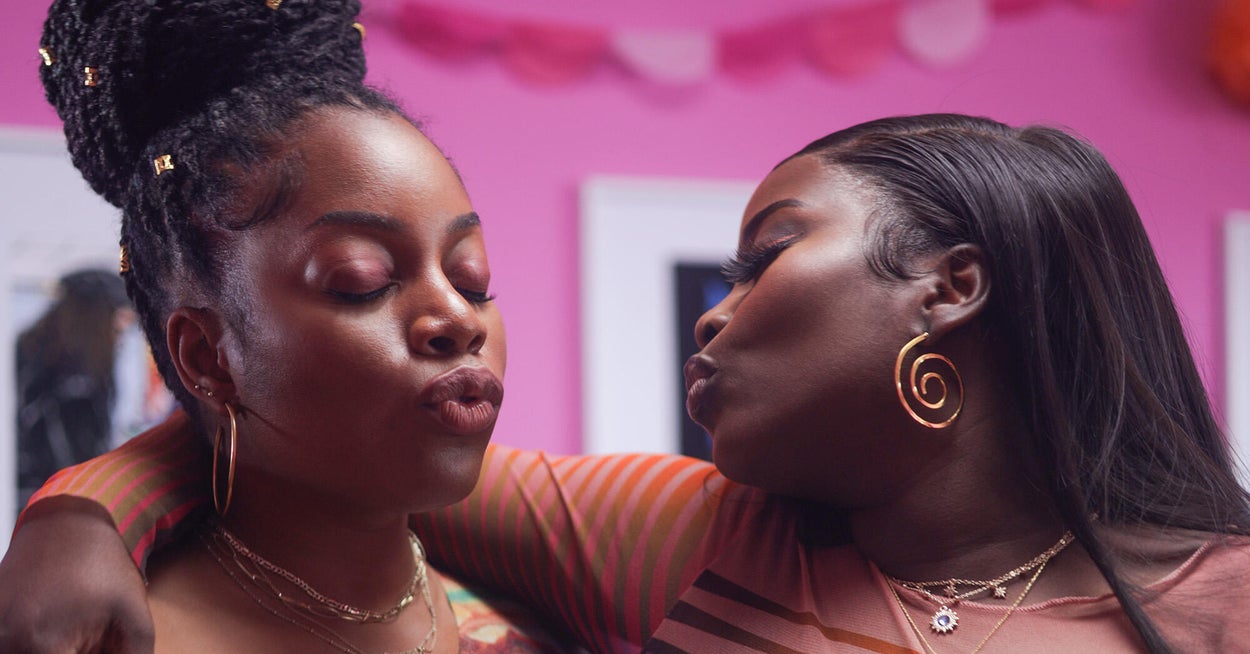The book already had a big following before talks of a series came about, and with that comes a lot of opinions. What has been the most challenging and the most rewarding part about playing Queenie?
Dionne Brown: There were parts of Queenie that I had to be reflective upon within myself; things that I was over and that I was past, and that I have healed, as well as things that I thought were healed inside of me, but weren’t. Going through a door you’ve closed at some point is always a bit like, “Oh, I remember that time. I remember when my heart was broken, and it honestly just felt like I was never going to be right again…never going to be myself again.” Things picked up [a lot for Queenie] in block two because it was very gradual. A lot was happening around her and to her, but it had also been happening over an extensive period of time. So, when we see her in the show, it’s not just the “straw on top,” it’s all the straws underneath, and there are a lot of straws underneath that one straw that broke the camel’s back.
I think that was the most challenging part: trying to make sure I was portraying or that it was reading well. We all know what it feels like when you wake up, and things are heavier than they were the day before. Then it all sinks in, and it’s like, “Oh, I’m still in hell!” So, yeah, I’d say that was definitely the most challenging part — there were definitely days where I was overstimulated to the ninth degree.
And the most rewarding would probably be when we finished that bout of shooting all the really mentally-heavy work. It was like, “Ah, now we’re getting to the end, and it does start to get better.” It was better for me because it was just lighter: lighter dialogue, lighter portrayal, lighter shoot days.


